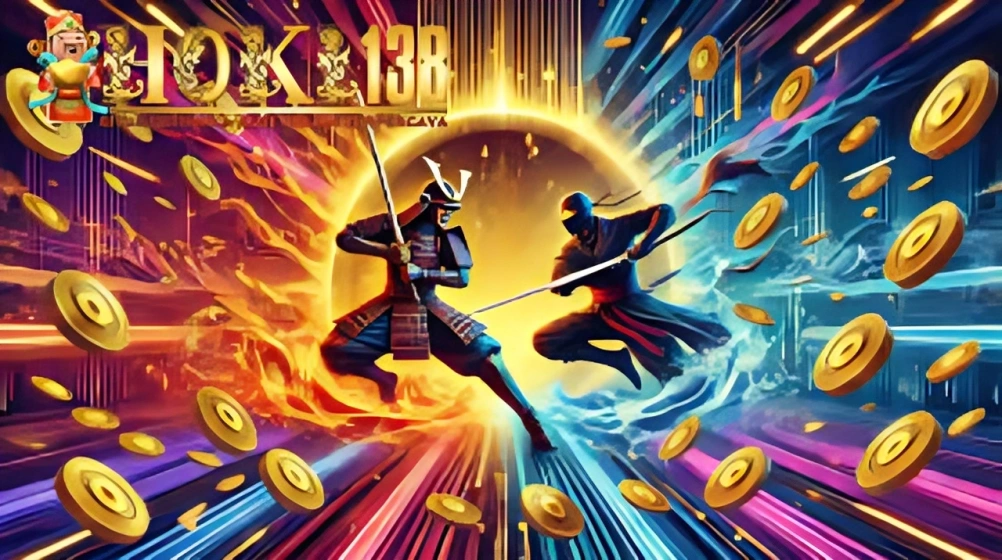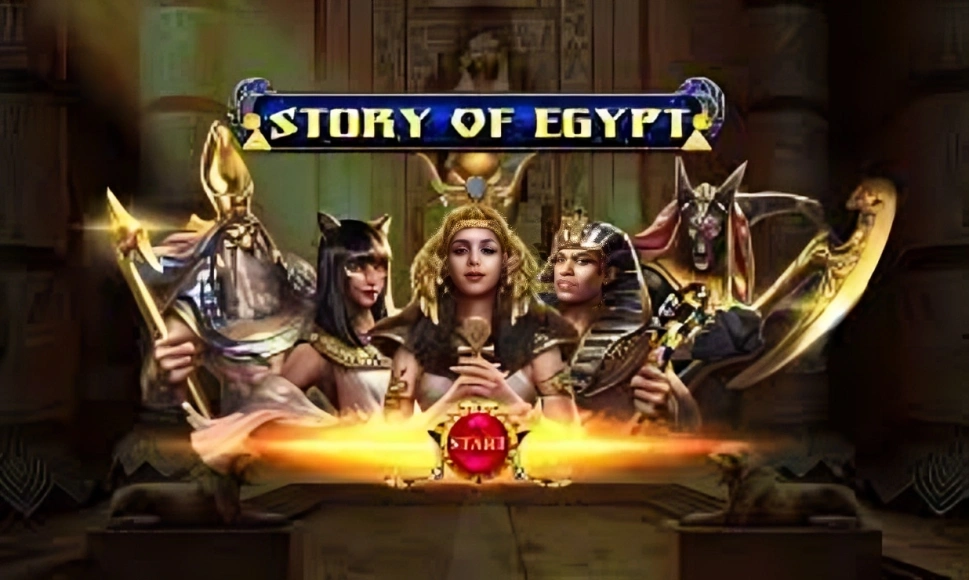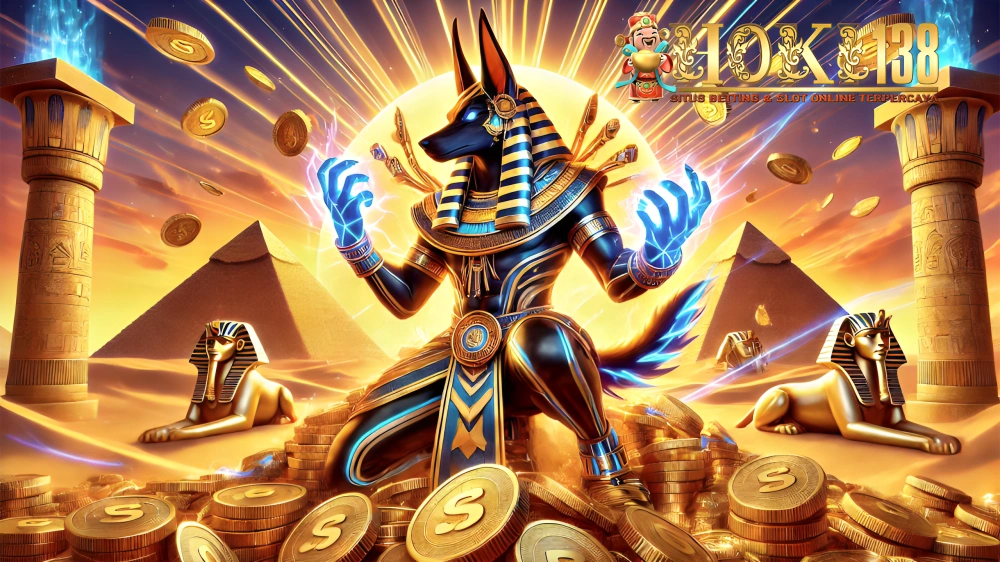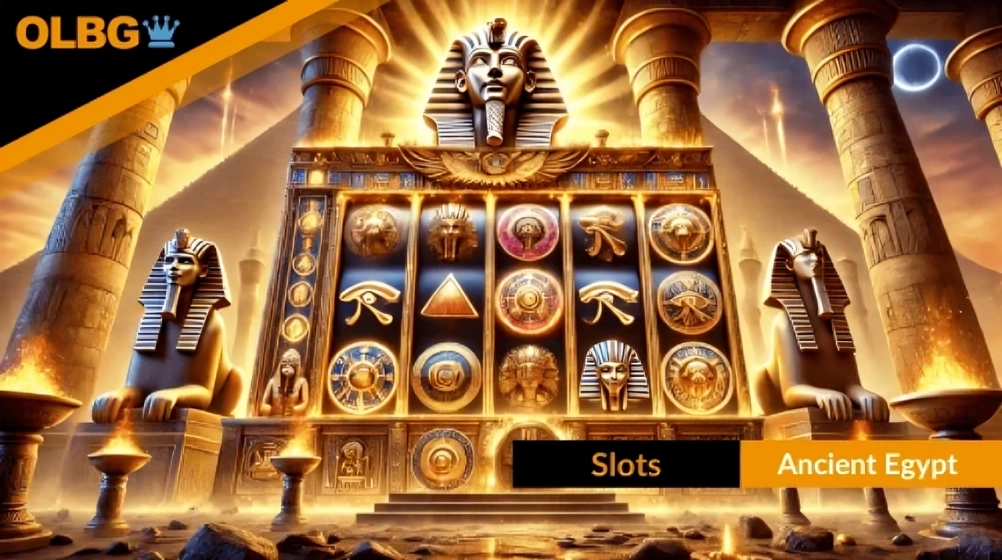November 23, 2025
No Comments
The sprawling universe of video games has consistently pajaktoto pushed the boundaries of interactive entertainment, and few platforms have sculpted its landscape with as much profound impact and enduring legacy as PlayStation and its portable counterpart, the PSP. From the groundbreaking 3D visuals of the original PlayStation to the stunning photorealism of the PlayStation 5, and the innovative console-quality experiences on the go offered by the PSP, the sheer volume of “best games” across these systems presents a monumental challenge for any enthusiast trying to distill them into a definitive list. However, by traversing the generations and celebrating the titles that defined eras, innovated genres, and captivated millions, we can embark on a journey through the pinnacle of gaming excellence.
The genesis of PlayStation’s dominance began with the original PlayStation (PS1), a console that revolutionized the industry with its CD-ROM format and pioneering embrace of 3D graphics. This era birthed some of the most influential games ever created. *Final Fantasy VII*, with its epic narrative, unforgettable characters, and then-unprecedented cinematic scope, redefined the RPG genre and became a cultural phenomenon. Alongside it, Hideo Kojima’s *Metal Gear Solid* introduced stealth mechanics and cinematic storytelling to a new level, establishing a franchise renowned for its intricate plots and philosophical undertones. Survival horror found its voice with *Resident Evil*, plunging players into terrifying mansions and spawning a genre that thrives to this day. These titles weren’t just games; they were experiences that etched themselves into the collective memory of a generation, demonstrating the PS1’s power to deliver groundbreaking and immersive worlds.
Transitioning into the new millennium, the PlayStation 2 (PS2) arrived, becoming the best-selling home console of all time, a testament to its incredible library and broad appeal. The PS2 truly cemented PlayStation’s reputation, offering an unparalleled diversity of genres and pushing graphical boundaries further. The open-world genre was irrevocably changed by *Grand Theft Auto III* and its successors, *Vice City* and *San Andreas*, providing players with an unprecedented sense of freedom and a vibrant, satirical world to explore. Action-adventure reached new heights with *God of War*, introducing Kratos’s brutal odyssey and setting a new standard for combat and spectacle. *Shadow of the Colossus* captivated with its minimalist storytelling and epic boss battles, a unique artistic vision that continues to inspire. Furthermore, the PS2 hosted masterworks like *Metal Gear Solid 2: Sons of Liberty* and *Metal Gear Solid 3: Snake Eater*, evolving cinematic gameplay to a breathtaking degree, along with a plethora of Japanese RPGs that solidified its standing as a must-have for any serious gamer.
The PlayStation 3 (PS3), despite its initially complex architecture, eventually delivered an astonishing array of exclusives that became critical darlings. Naughty Dog’s *Uncharted* series redefined action-adventure with its cinematic set pieces, witty dialogue, and charismatic protagonist, Nathan Drake. The studio followed this success with *The Last of Us*, a post-apocalyptic narrative masterpiece celebrated for its emotionally resonant storytelling, nuanced characters, and intense survival gameplay, setting a new benchmark for narrative-driven games. *God of War III* brought Kratos’s original trilogy to a spectacular, brutal conclusion, leveraging the PS3’s power for monumental boss fights and stunning visuals. These titles underscored the PS3’s eventual triumph, showcasing its capacity for delivering deeply engaging and visually spectacular experiences that pushed the boundaries of storytelling in gaming.
The PlayStation 4 (PS4) continued this legacy of excellence, becoming another runaway success due to its powerful hardware and an exceptional lineup of exclusive titles that consistently garnered critical acclaim and commercial success. *Marvel’s Spider-Man* offered an exhilarating web-slinging experience through a vibrant New York City, combining fluid combat with an engaging story. The rebooted *God of War* (2018) reinvented Kratos as a father figure, delivering a mature, emotionally complex narrative alongside its signature visceral combat, winning numerous Game of the Year awards. Guerrilla Games’ *Horizon Zero Dawn* presented a breathtaking post-apocalyptic world teeming with robotic dinosaurs, blending compelling lore with engaging open-world exploration and combat. *Ghost of Tsushima* provided a stunning samurai epic set in feudal Japan, celebrated for its gorgeous visuals, satisfying combat, and rich cultural immersion. Even in its later years, the PS4 continued to deliver with titles like *The Last of Us Part II*, further cementing its reputation as a powerhouse for storytelling and graphical fidelity.
Now, the PlayStation 5 (PS5) carries the torch, offering unparalleled speed, haptic feedback, adaptive triggers, and breathtaking ray-traced graphics. Launch titles like *Marvel’s Spider-Man: Miles Morales* immediately showcased the console’s capabilities, while *Demon’s Souls Remake* brought a challenging classic to new visual heights. *Ratchet & Clank: Rift Apart* dazzled with its seamless interdimensional travel, demonstrating the PS5’s SSD power. More recently, *God of War Ragnarök* expanded upon its predecessor’s epic narrative and combat, pushing the boundaries of current-generation storytelling and visual design. The PS5 is still in its early years, yet it promises an even more spectacular future for PlayStation gaming, building on decades of innovation and delivering experiences that consistently redefine entertainment.
Crucially, we cannot overlook the portable marvel that was the PlayStation Portable (PSP). Launched in an era dominated by Nintendo’s handhelds, the PSP carved out its own niche by offering console-quality gaming on the go. Its larger screen, powerful hardware for its time, and UMD disc format allowed for experiences far beyond simple mobile games. The PSP became home to essential entries in major franchises, such as *God of War: Chains of Olympus* and *Ghost of Sparta*, which delivered epic Kratos adventures with surprisingly detailed graphics and satisfying combat for a handheld. *Monster Hunter Freedom Unite* created a massive following, allowing players to team up locally for challenging hunts. Open-world games like *Grand Theft Auto: Liberty City Stories* and *Vice City Stories* provided fully fledged GTA experiences in a portable format. *Metal Gear Solid: Peace Walker* offered a full-fledged MGS experience with innovative multiplayer and base-building elements, crucial for the franchise’s lore. Even a prequel to a legendary RPG, *Crisis Core: Final Fantasy VII*, found its home here, showcasing the PSP’s capacity for complex narratives and stunning visuals. The PSP proved that serious, immersive gaming wasn’t confined to the living room, significantly influencing the trajectory of portable gaming and leaving behind a cherished library of its own.
Ultimately, defining the “best games” across these iconic PlayStation platforms is a deeply personal endeavor, yet certain titles transcend subjective preference due to their innovation, storytelling prowess, gameplay mechanics, cultural impact, and enduring appeal. Whether it’s the narrative depth of *Final Fantasy VII*, the open-world freedom of *Grand Theft Auto: San Andreas*, the emotional journey of *The Last of Us*, the epic scale of *God of War*, or the portable brilliance of *Monster Hunter Freedom Unite*, the PlayStation family of consoles and the PSP have consistently delivered experiences that have shaped and enriched the gaming world. They stand as monuments to interactive art, offering countless hours of entertainment, challenging our skills, and moving our hearts, ensuring their place in the pantheon of gaming history.





